Cider with Rosie uncovered: A look into the idyllic scenes of Laurie Lee’s classic novel
Derek Turner takes a look at 'Down in the Valley', a slender, but well-conceived volume that revisits the scenes of Laurie Lee's classic of English rural writing.
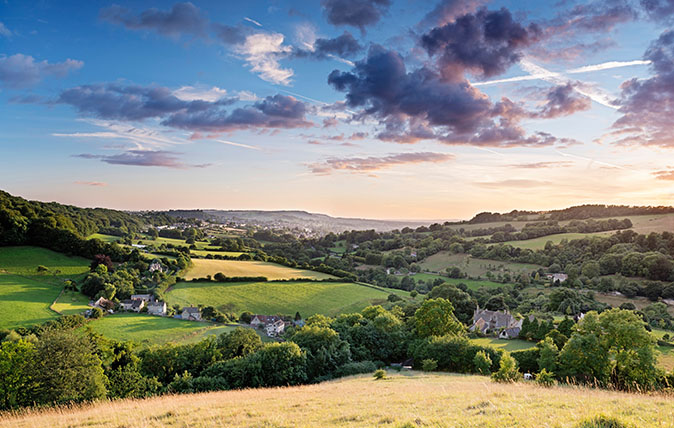

Laurie Lee’s Cider with Rosie (1959) is a classic of English rural writing, lauded for its evocation of Gloucestershire’s Slad Valley in the early 20th century and the last days of an intensely experienced, millennium-old way of life.
This slender, but well-conceived volume revisits some of these scenes and themes and adds new ones through interviews conducted with Lee in 1994, three years before his death.
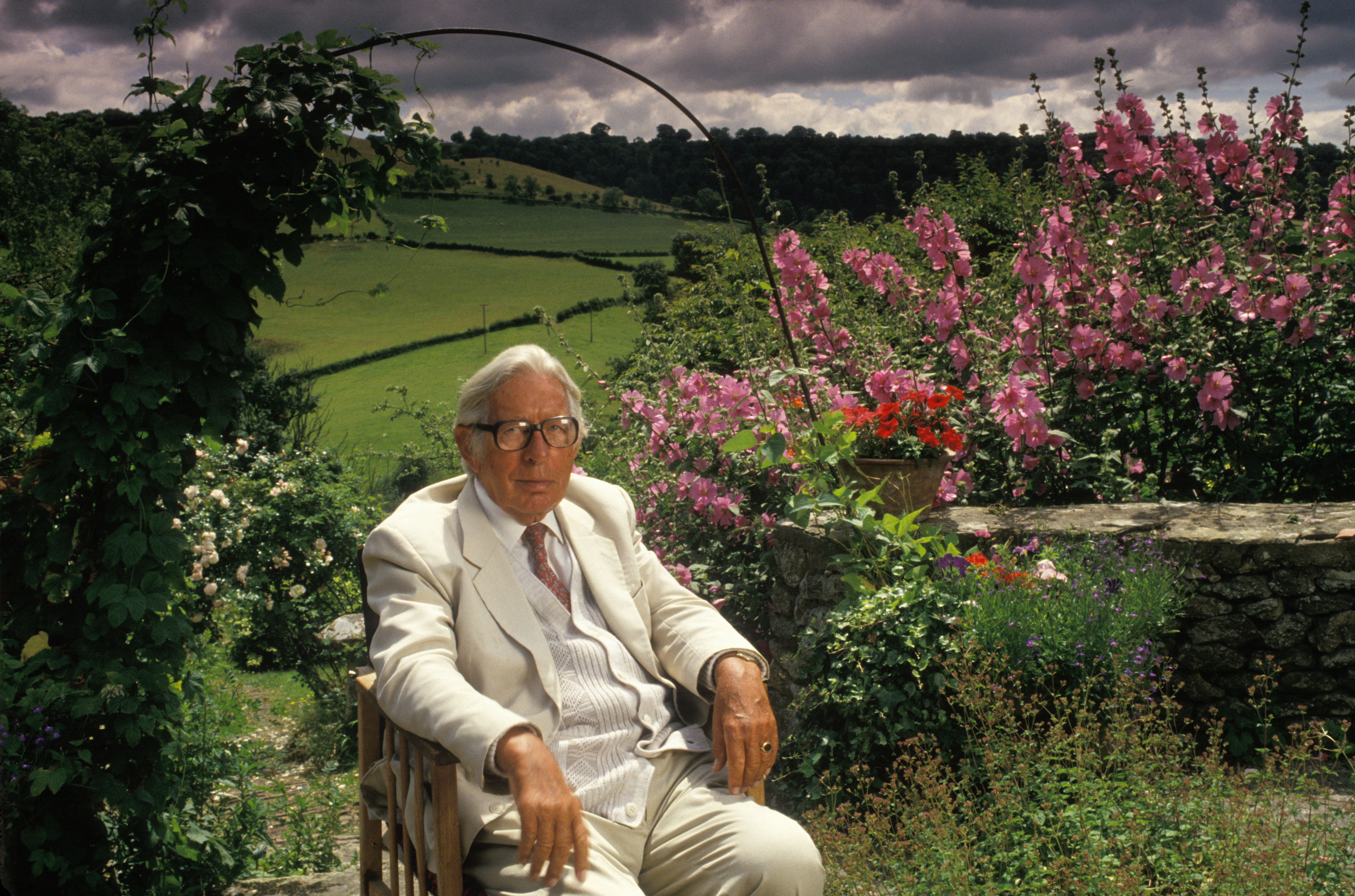
We return to the village pond, with its swimming children, coots and the corpse of poor suicidal Miss Flynn. We find ourselves exploring old ways across the hilltops made impassable by ‘fallen trees and rocks, and abandoned cavaliers, cannon, armour’, carousing in the Woolpack and superstitiously shunning slumped cottages and sinister gibbets.
We encounter the valley’s eccentric inhabitants and some of Lee’s closely observed and unpretentious poetry: ‘And the partridge draws back his string/and shoots like a buzzing arrow/over grained and mahogany fields.’
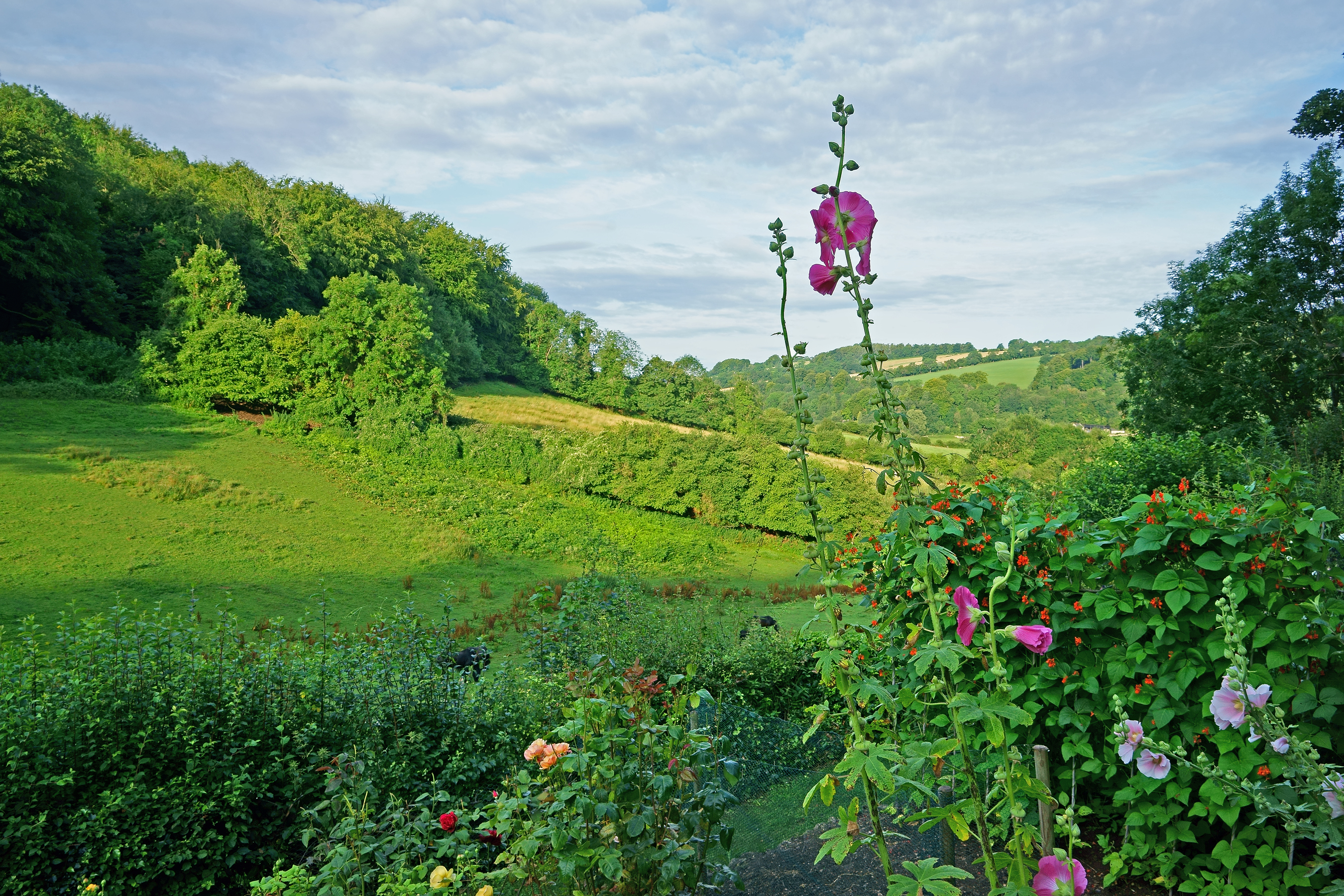
The author embraced modernity, even as he regretted its ravages. He relished James Joyce, jazz, travel and even war (he volunteered to fight Franco), but was always aware of the brooding presences underlying daily life. Beneath Slad’s slopes lay deep sleepers, from the Stone Age to people he’d known in his youth. Behind the spinking blackbirds, stridulating grasshoppers and strains of Elgar, he heard timeless stories told in West Country dialect or the tones of the King James Bible.
Lee read great books in the greenwood and, when he drank summer’s cider with the blooming Rosie, he felt rooted in an English Arcadia, at one with the ancients.
This is a charming tribute to a genial and gifted author, who blended darkness with light and realism with romance to superb effect in the service of a special place – and of all England.
Sign up for the Country Life Newsletter
Exquisite houses, the beauty of Nature, and how to get the most from your life, straight to your inbox.
Down in the Valley, Laurie Lee (Penguin Classics, £12.99)
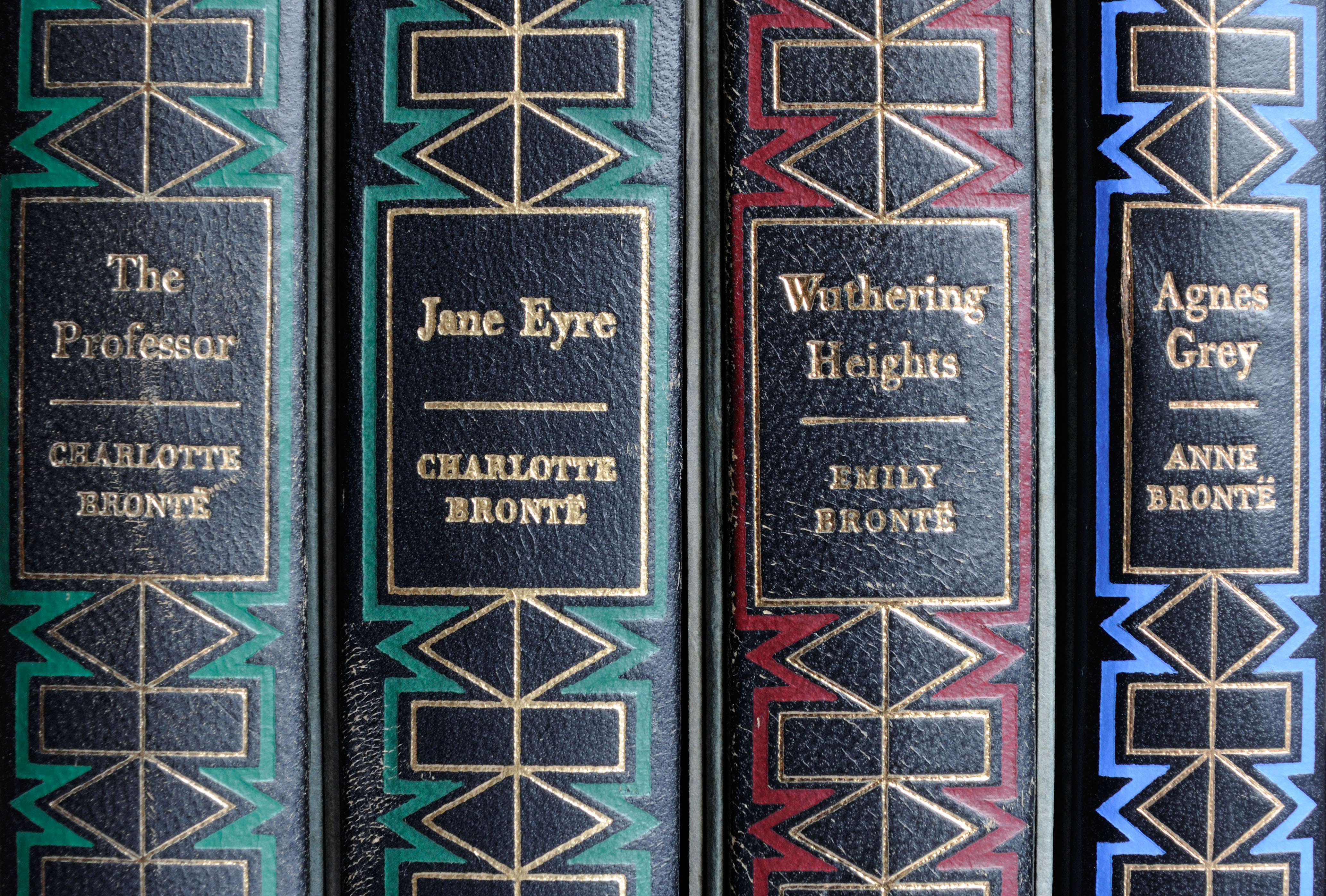
Credit: Alamy Stock Photo
Curious Questions: Would Anne Brontë be more famous without her two sisters?
To mark the forgotten Brontë’s 200th birthday, Charlotte Cory looks back at the life and works of this ‘runt of

Seven astonishing books to read which will change your understanding of the history of the world
If you were left a tad disappointed by your Christmas presents, you can console yourself with two things. Firstly, by
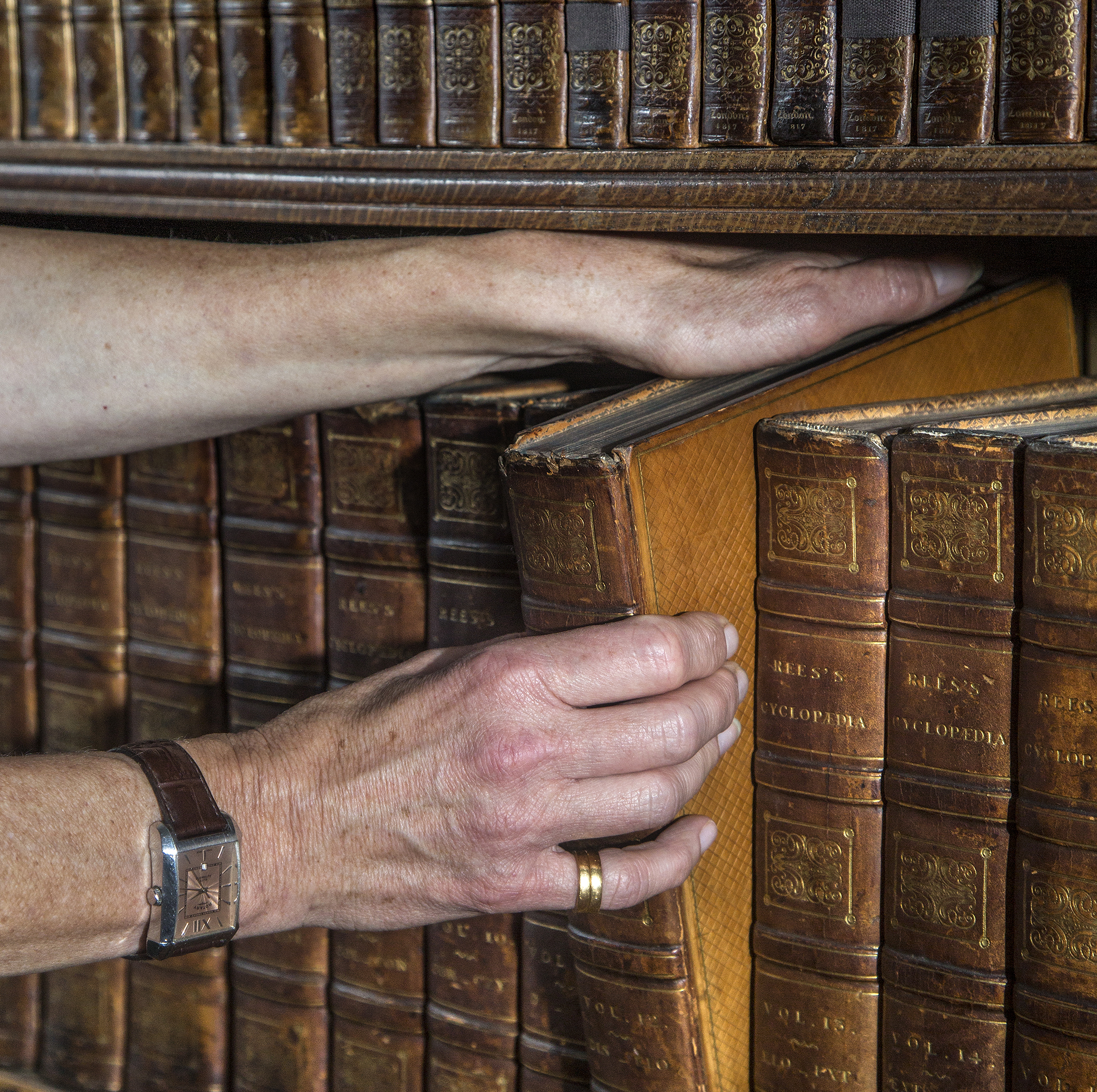
Curious Questions: Have you been taking books off shelves the wrong way for your entire life?
The question of how to take a book off a shelf without damaging it may not be one you've ever
Country Life is unlike any other magazine: the only glossy weekly on the newsstand and the only magazine that has been guest-edited by HRH The King not once, but twice. It is a celebration of modern rural life and all its diverse joys and pleasures — that was first published in Queen Victoria's Diamond Jubilee year. Our eclectic mixture of witty and informative content — from the most up-to-date property news and commentary and a coveted glimpse inside some of the UK's best houses and gardens, to gardening, the arts and interior design, written by experts in their field — still cannot be found in print or online, anywhere else.
-
 Two quick and easy seasonal asparagus recipes to try this Easter Weekend
Two quick and easy seasonal asparagus recipes to try this Easter WeekendAsparagus has royal roots — it was once a favourite of Madame de Pompadour.
By Melanie Johnson
-
 Sip tea and laugh at your neighbours in this seaside Norfolk home with a watchtower
Sip tea and laugh at your neighbours in this seaside Norfolk home with a watchtowerOn Cliff Hill in Gorleston, one home is taller than all the others. It could be yours.
By James Fisher
-
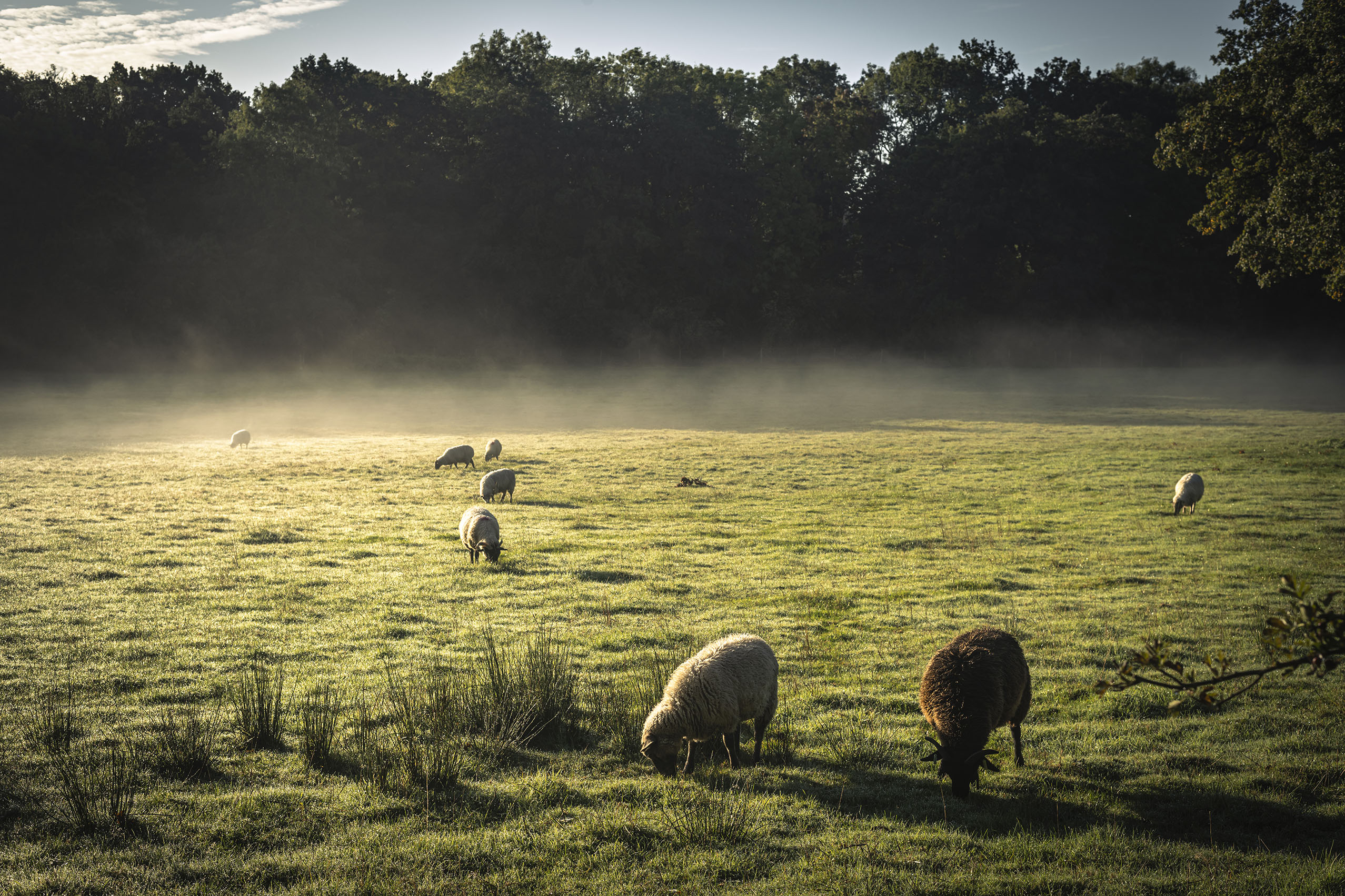 The Wisdom of Sheep, by Rosamund Young: An exclusive extract for Country Life
The Wisdom of Sheep, by Rosamund Young: An exclusive extract for Country LifeRosamund Young, best-selling author of 'The Secret Life of Cows', has a new book out book called 'The Wisdom of Sheep & Other Animals'. We have an exclusive extract for Country Life readers.
By Rosamund Young
-
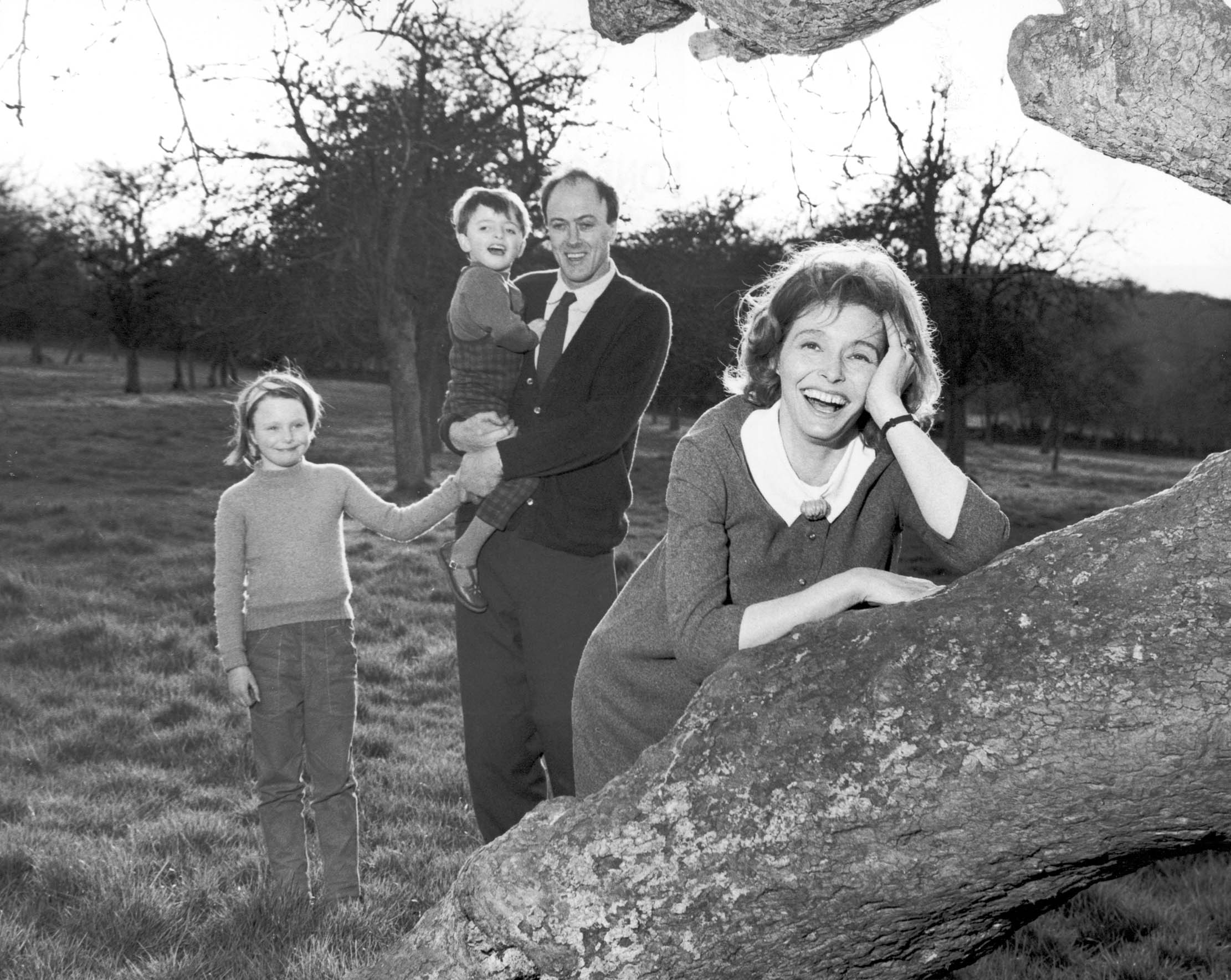 In Focus: How Roald Dahl's love of the countryside shaped his life's work
In Focus: How Roald Dahl's love of the countryside shaped his life's workThe countryside filled the Matilda author Roald Dahl with joy and proved a constant source of inspiration, as Matthew Dennison reveals in a new biography of the prolific storyteller.
By Matthew Dennison
-
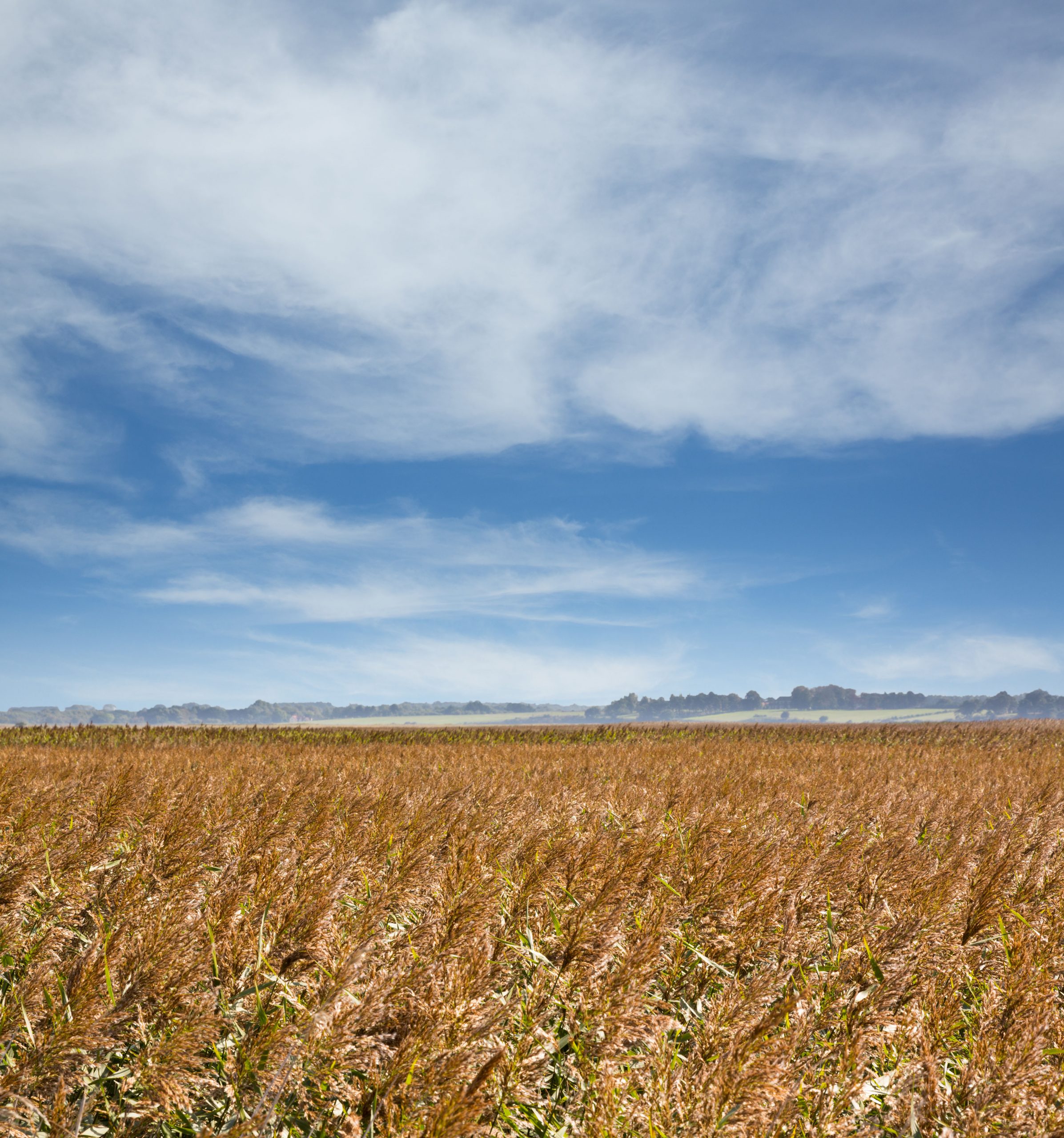 The American airman's portrait of 1940s England that portrays a world that's already disappeared
The American airman's portrait of 1940s England that portrays a world that's already disappearedA chance encounter with a book stall opens the eyes of our columnist Agromenes as he sees England through the eyes of an American airman.
By Country Life
-
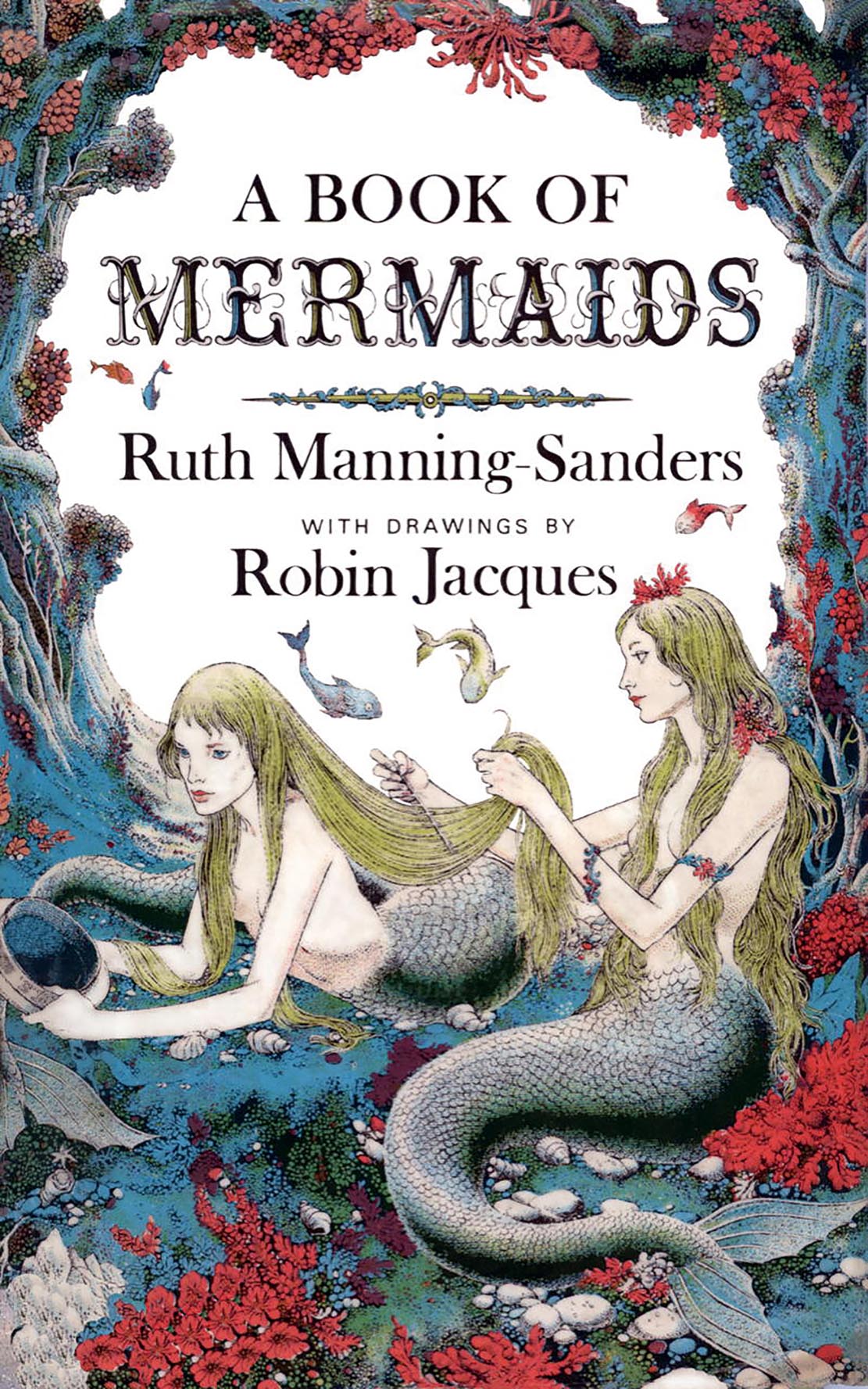 Ruth Manning-Sanders: 'She was certain that it was every child’s birthright to visit a world of enchantment and occasional terrors'
Ruth Manning-Sanders: 'She was certain that it was every child’s birthright to visit a world of enchantment and occasional terrors'Nursery favourite Ruth Manning-Sanders believed it was every child’s birthright to enter a world of enchantment and occasional terrors, where good always triumphs over evil, discovers Matthew Dennison.
By Matthew Dennison
-
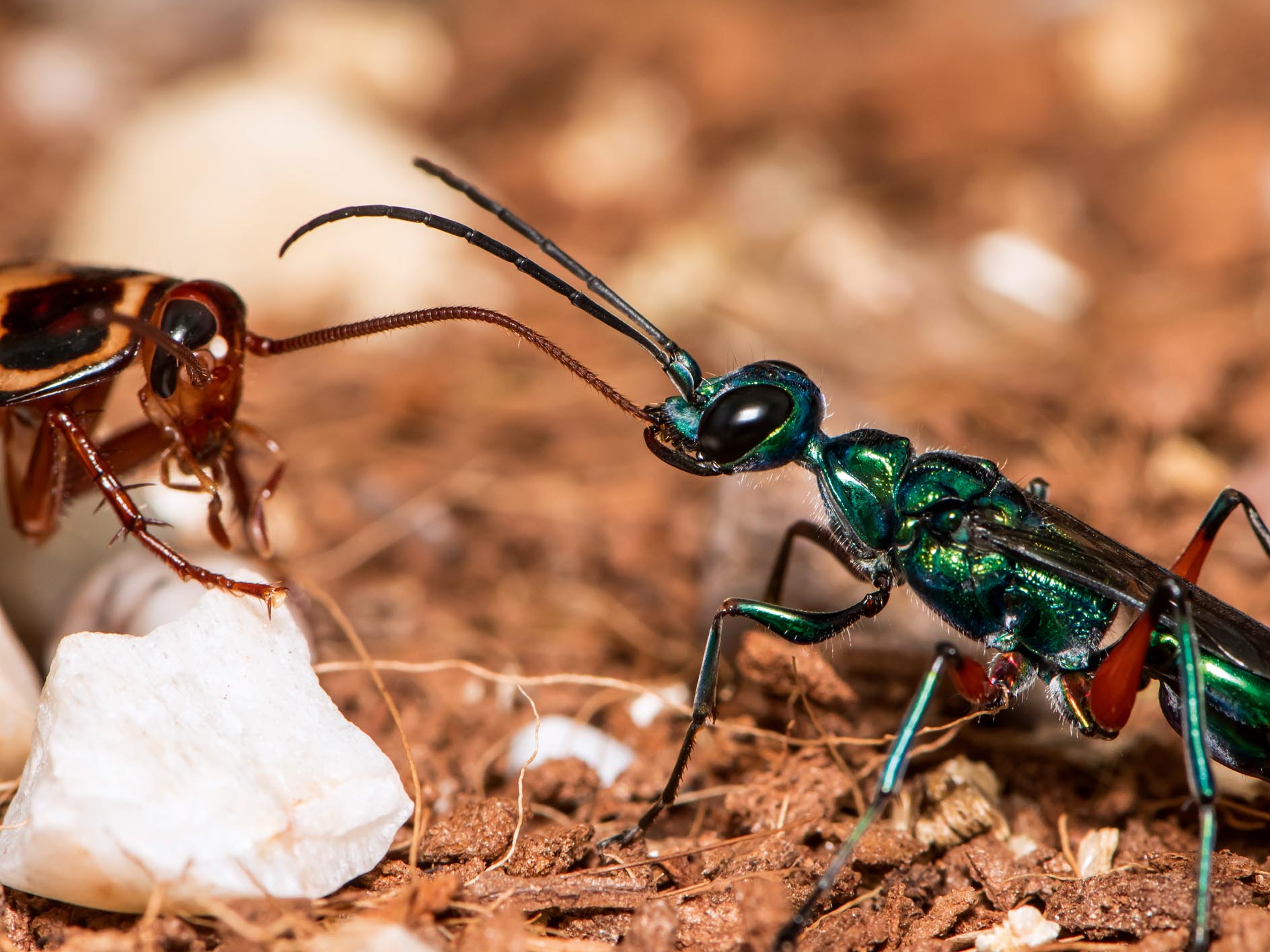 Curious Questions: Should you get rid of wasps?
Curious Questions: Should you get rid of wasps?Yes, they're a pain at your summer barbecue, but wasps are also voracious predators of other insects — and some of Nature’s most important pest controllers. Seirian Sumner, author of ‘Endless Forms: The Secret World of Wasps’, explains a few of the reasons that you might want to hold off calling the pest controller — and, indeed, why you it might be time to start providing wasp nesting houses in your garden, alongside that designer bee hotel.
By Country Life
-
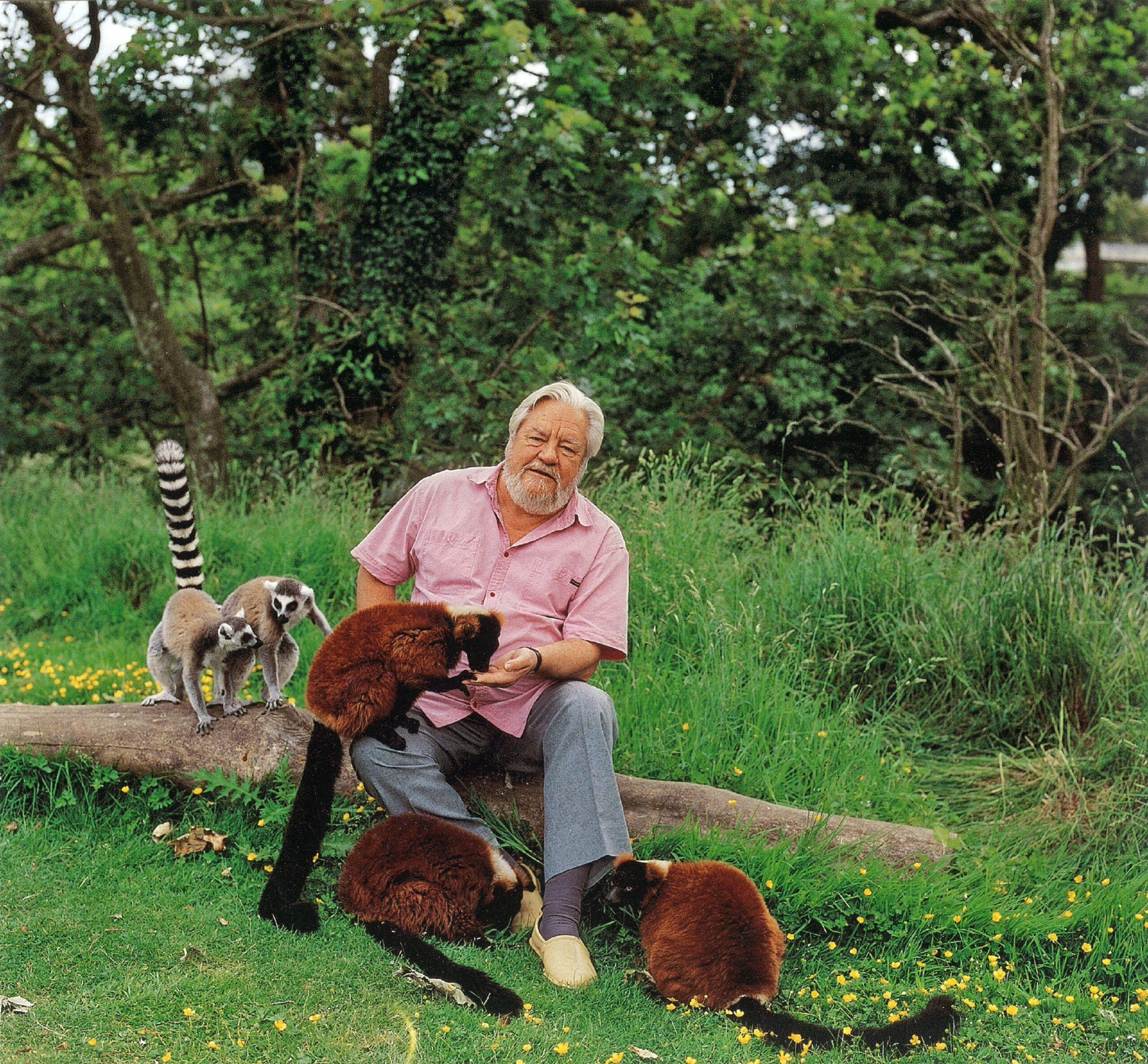 In Focus: Gerald Durrell, the 'pioneer with a marvellous sense of humour'
In Focus: Gerald Durrell, the 'pioneer with a marvellous sense of humour'The author, conservationist and avid nature-lover describes his childhood in Corfu with the 'recollections of a child in a kind of earthy paradise,' in his book, My Family and Other Animals, finds Jack Watkins.
By Jack Watkins
-
 Charlie Mackesy on The Boy, the Mole, the Fox and the Horse: 'It's humbling... The reaction was beyond anything I ever imagined'
Charlie Mackesy on The Boy, the Mole, the Fox and the Horse: 'It's humbling... The reaction was beyond anything I ever imagined'Charlie Mackesy is the author and illustrator of The Boy, the Mole, the Fox and the Horse, the bestselling — and hugely poignant — book that celebrates kindness and understanding. He spoke to Katy Birchall about why there’s no shame in showing weakness and asking for help.
By Katy Birchall
-
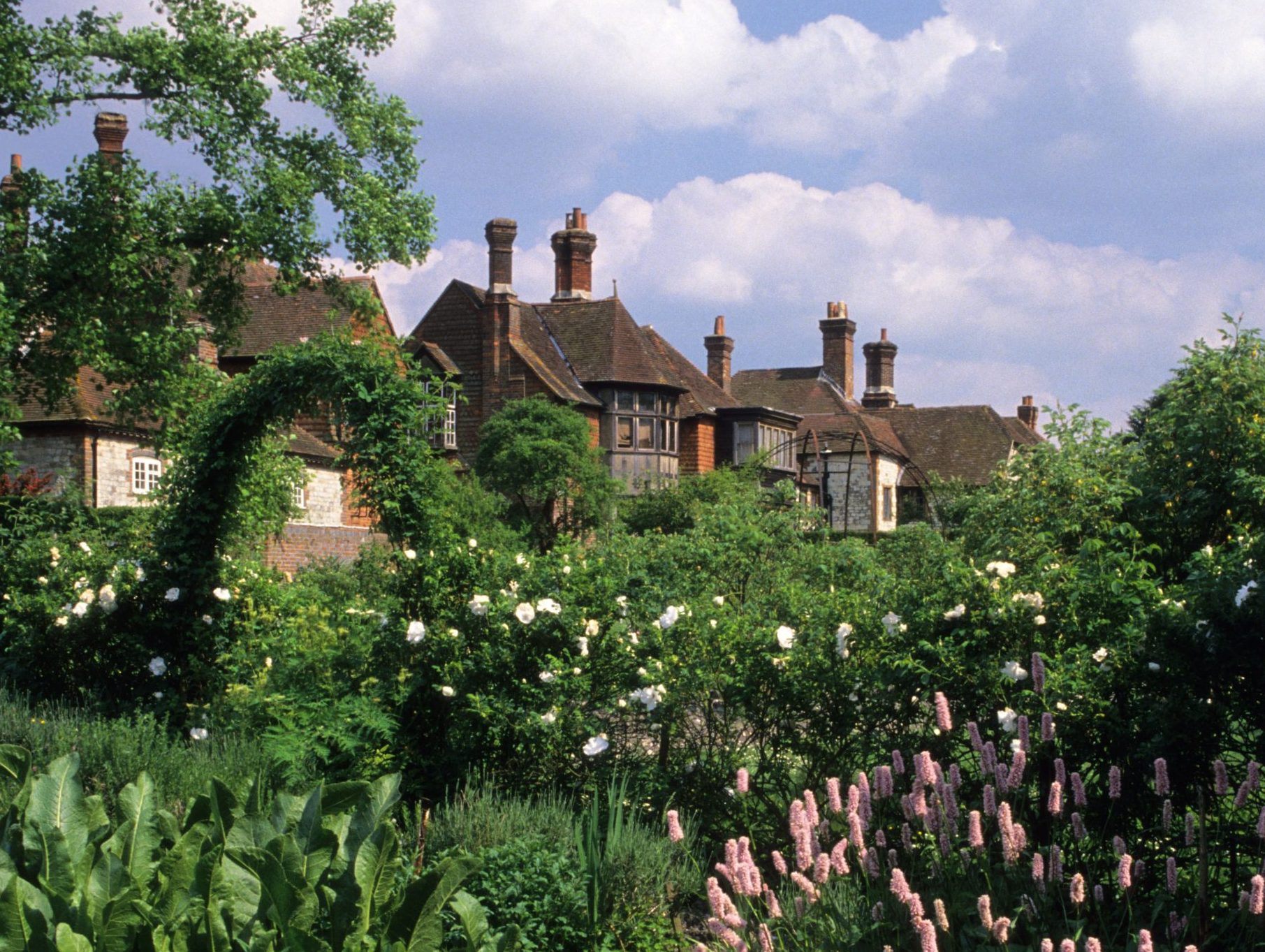 Gilbert White: The naturalist whose poetic but precise words changed how we see the world
Gilbert White: The naturalist whose poetic but precise words changed how we see the worldThe writings of churchman and naturalist Gilbert White are as beautifully exquisite as they are scientifically precise. 300 years from his birth and John Lewis-Stempel
By Toby Keel